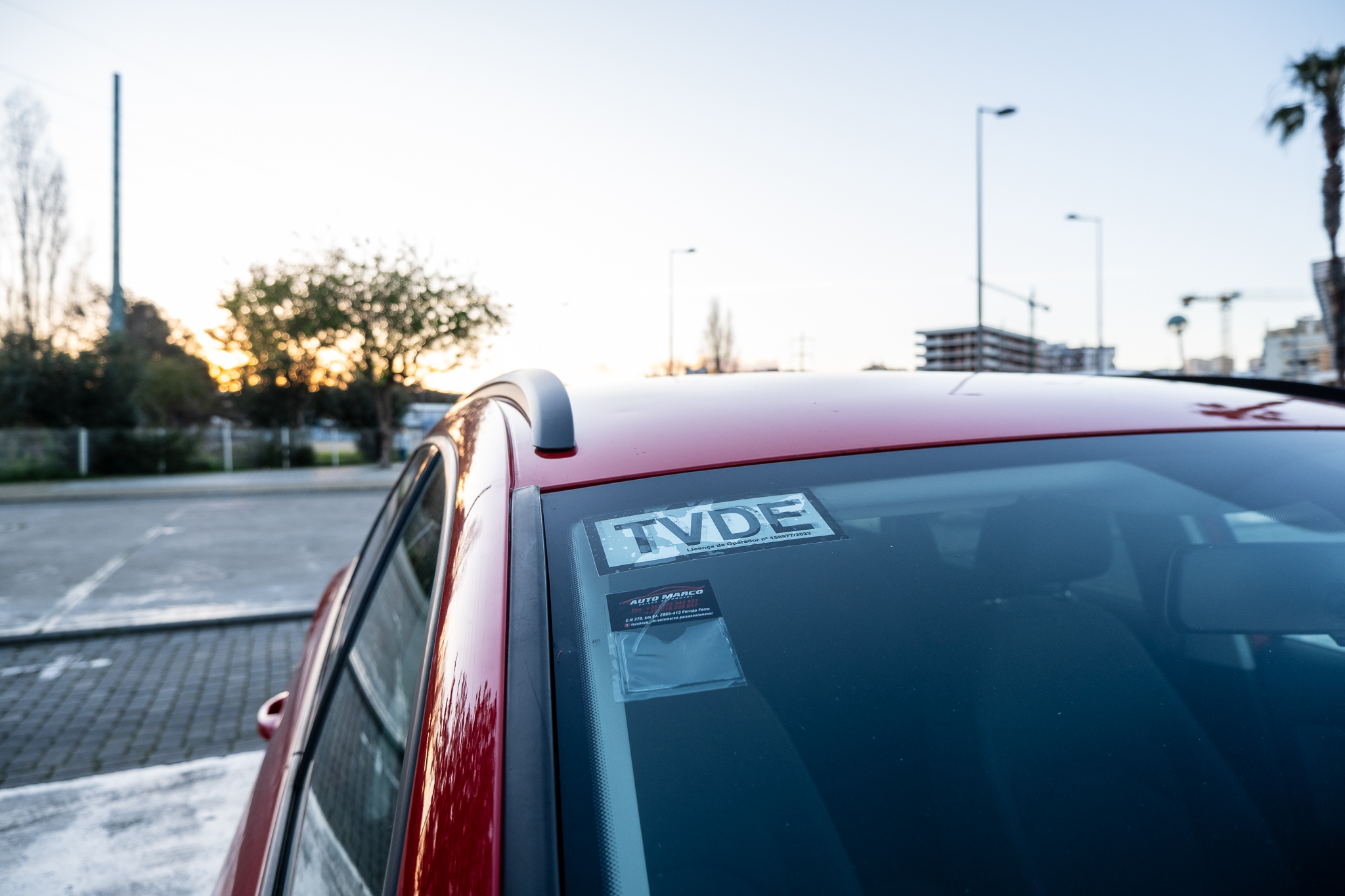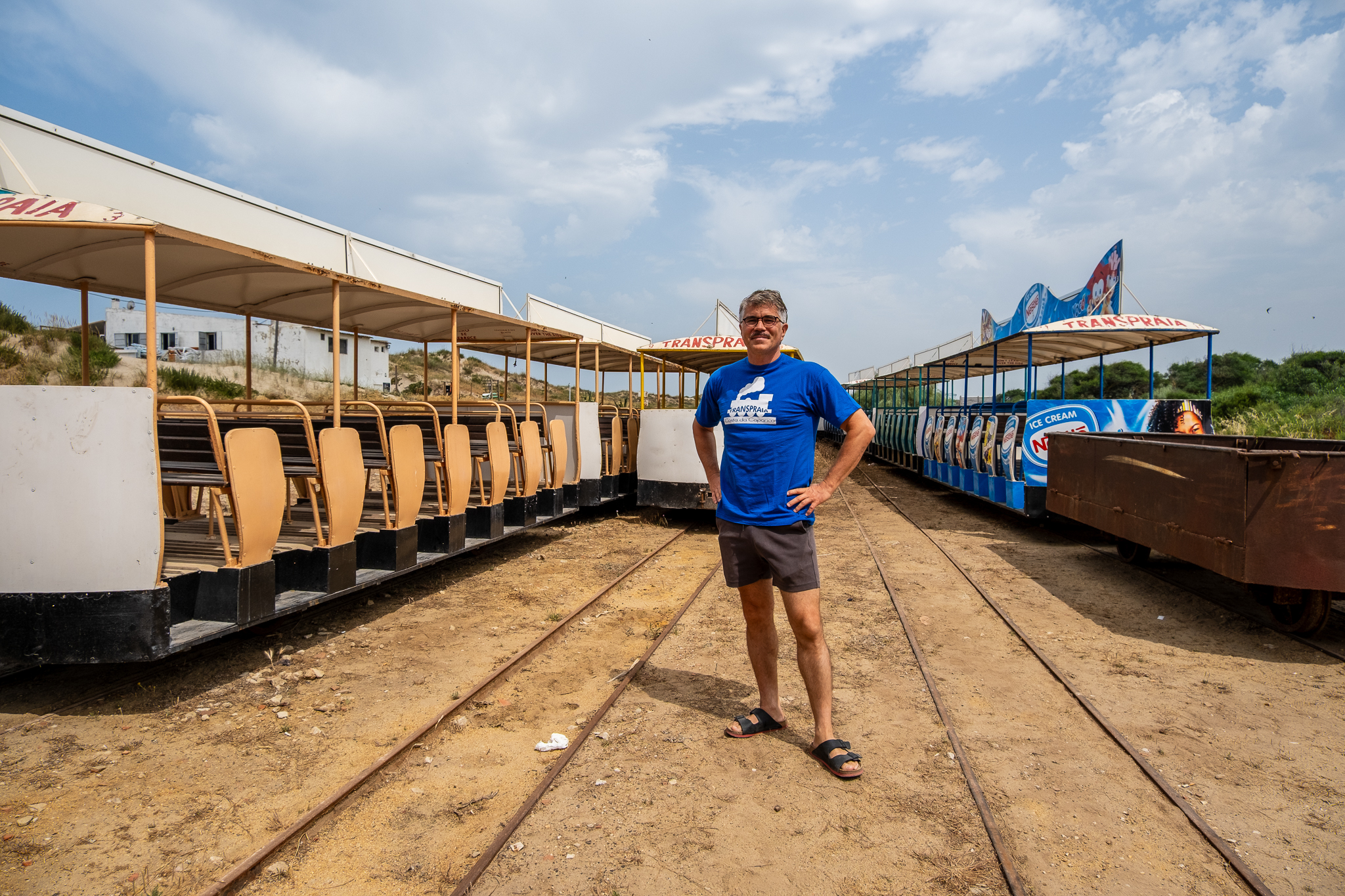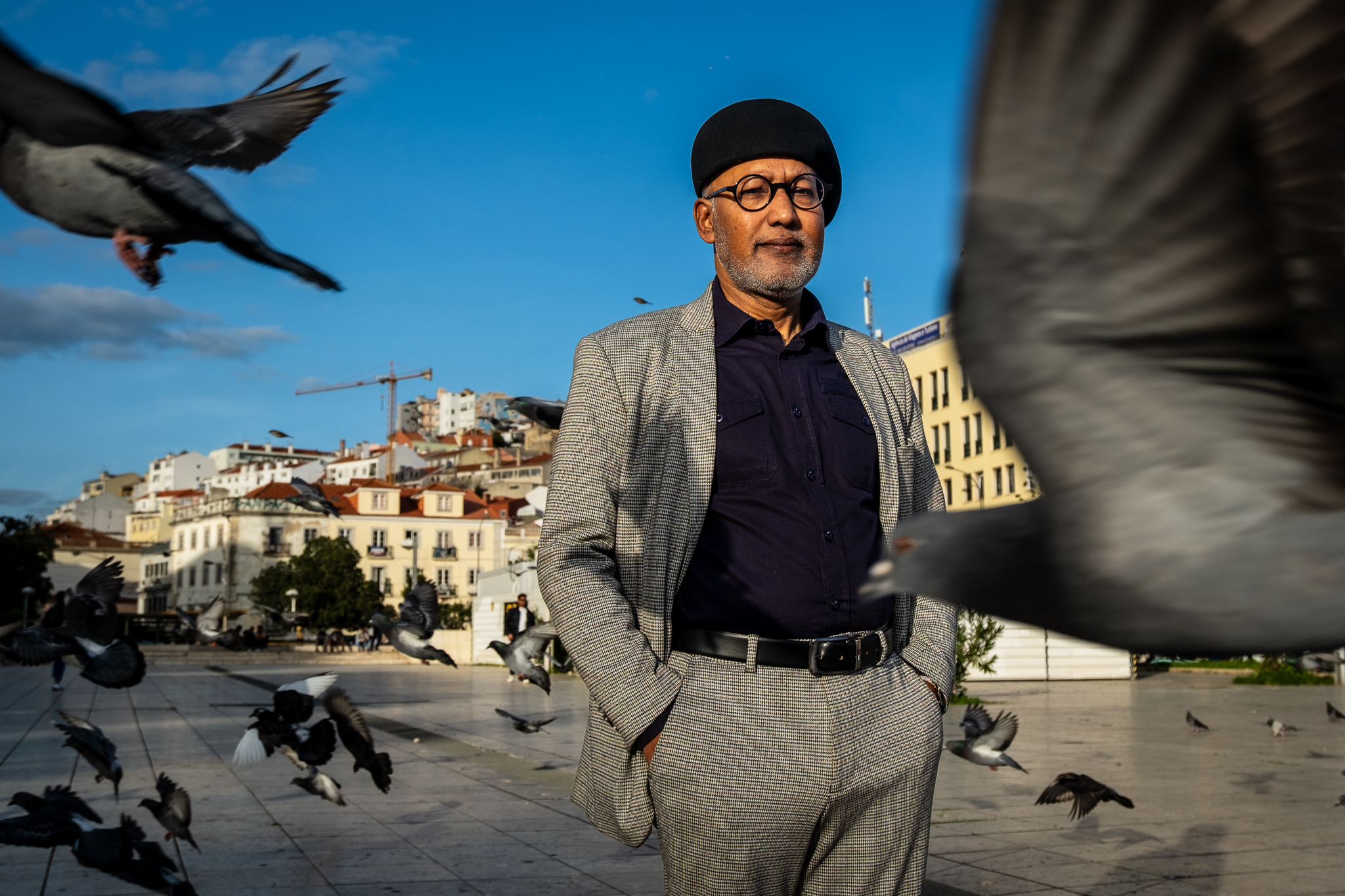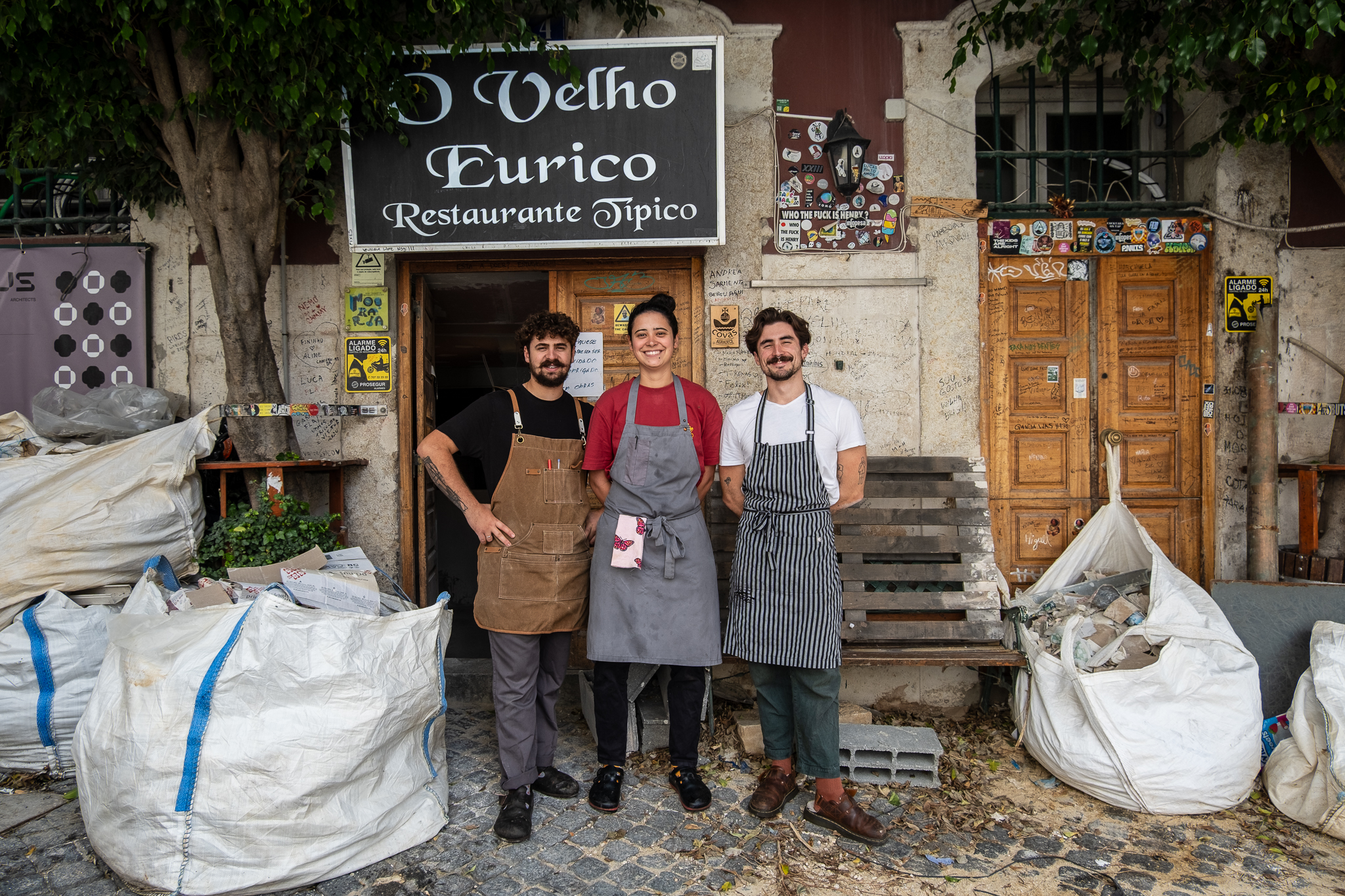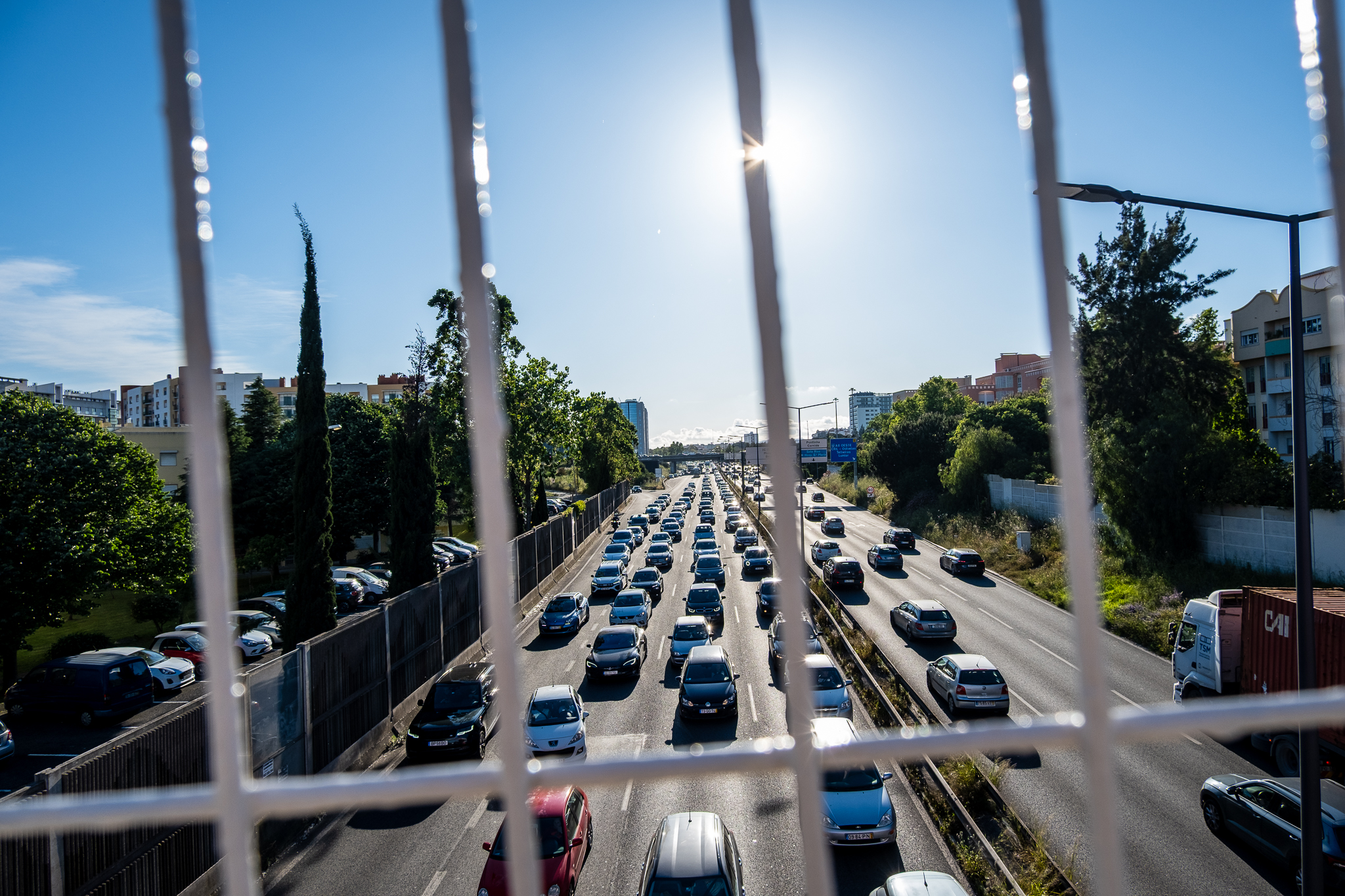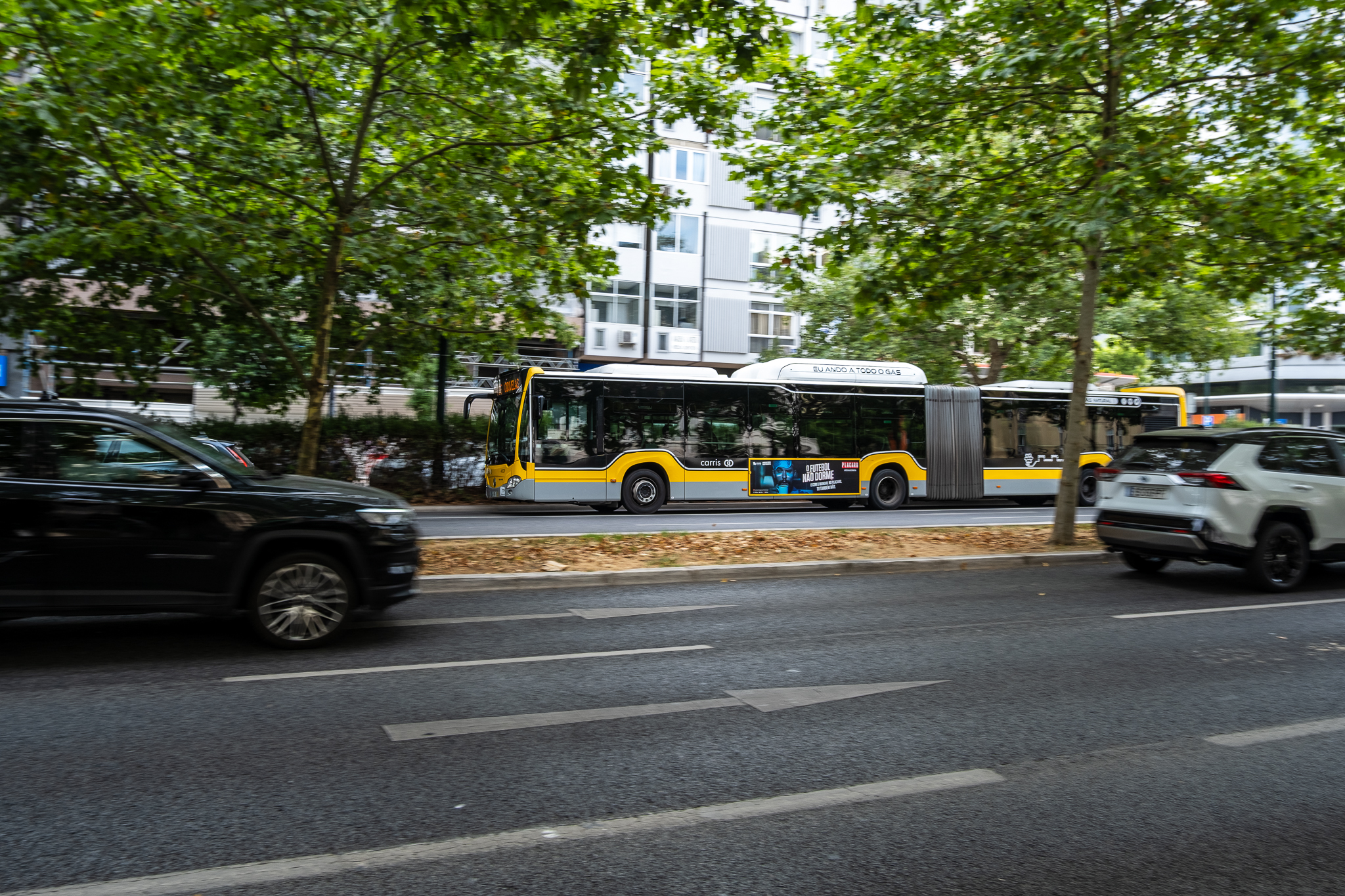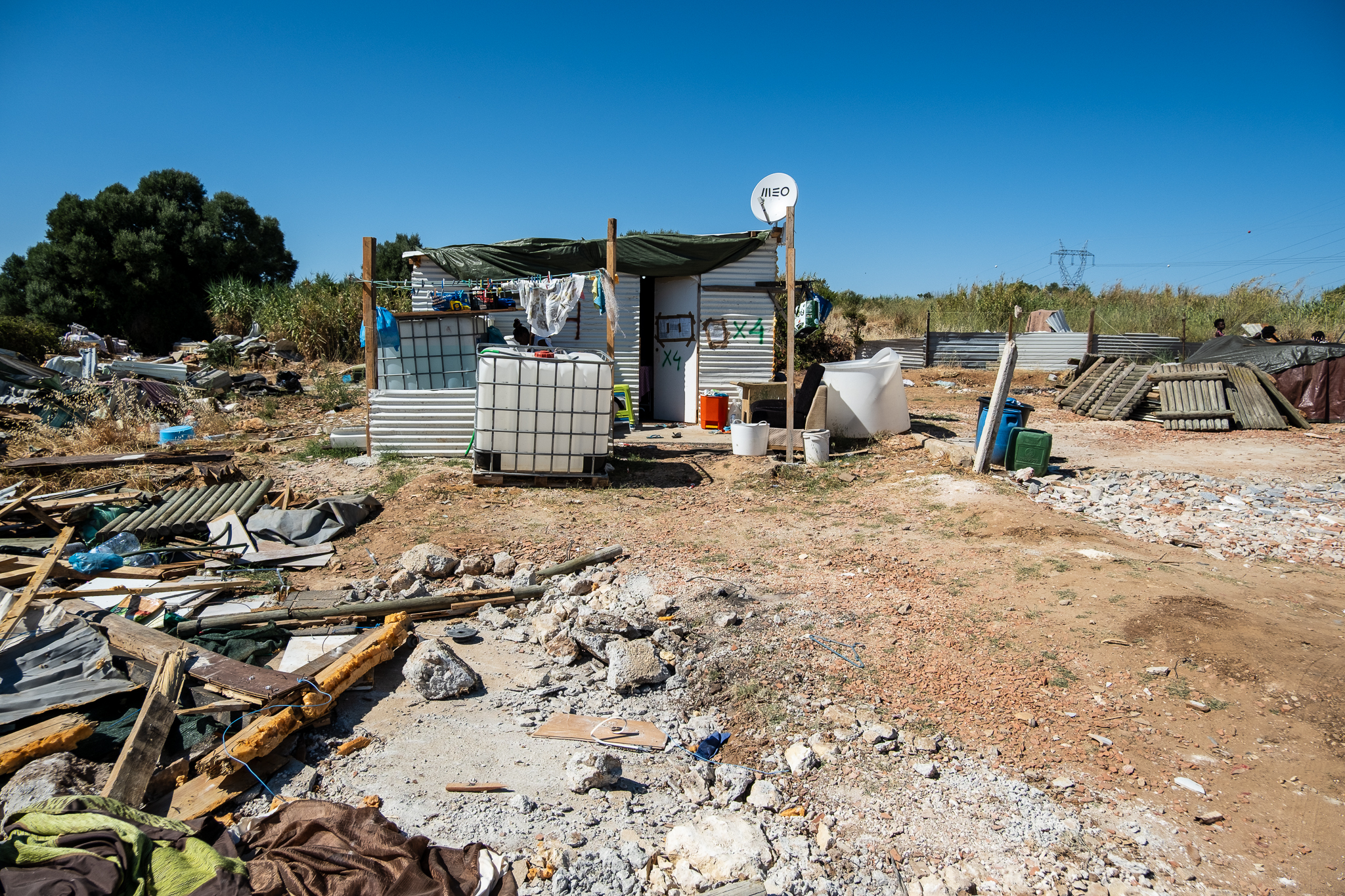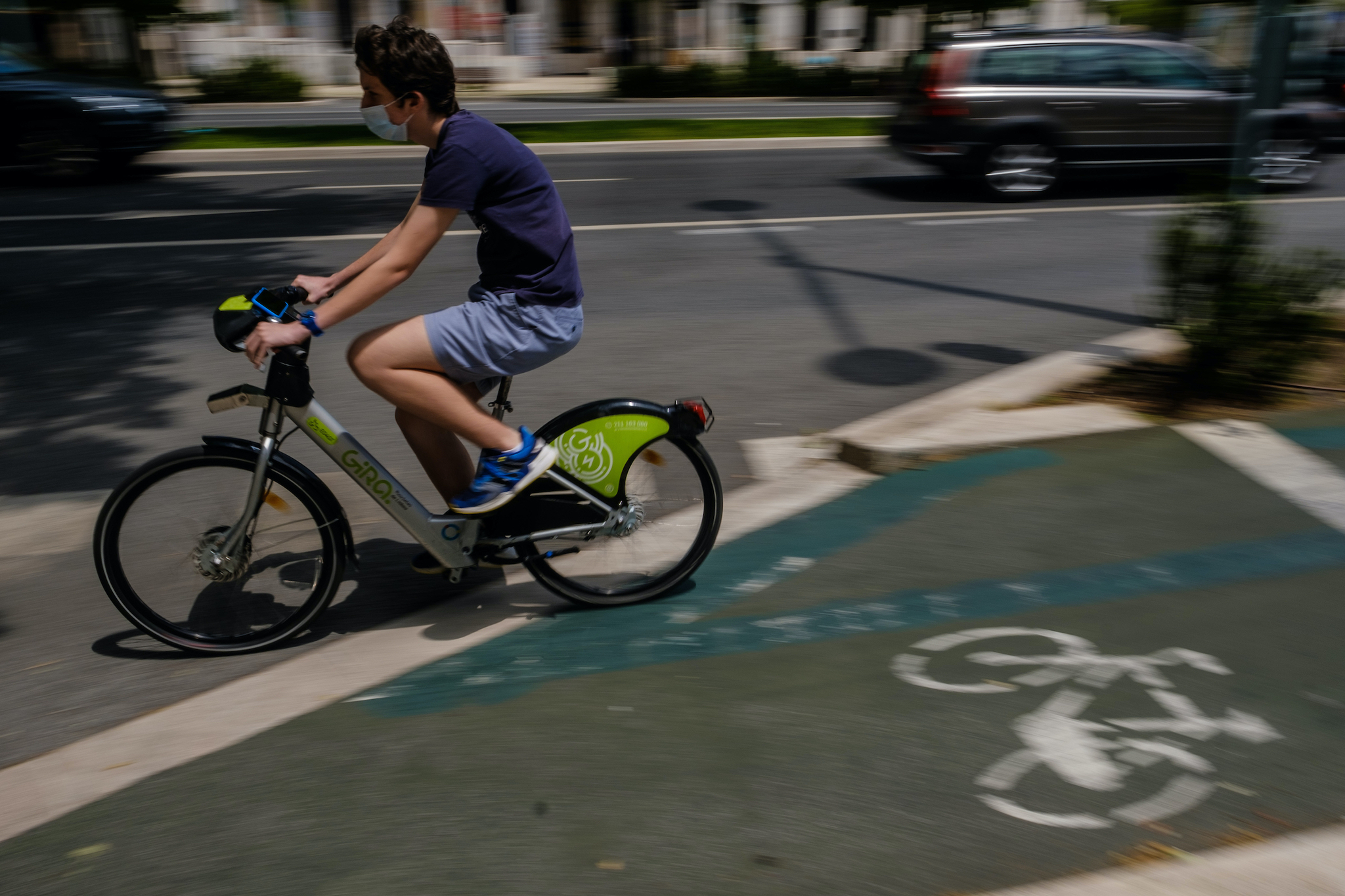
Parties and MPs representing 93% of the parliamentary seats presented proposals for recommendations to the government to support and encourage active modes of travel in the aftermath of the COVID-19 pandemic.
After the discussion, initially scheduled for June 3, was postponed, it was debated on Wednesday, June 17, at the Environment, Energy and Spatial Planning Commissionin the Parliamentsix draft resolutions that urge the government to support active modes of travel in the aftermath of the COVID-19 pandemic lockdown.
The six projects resolution would be approved in that meeting of June 17th. A written summary, worth reading, of the presentations and discussion of these projects is available at here. The audio recording of the entire meeting, here (with the part concerning these six projects, between 10:30 - 01:09:20).
The projects were then voted on at the Plenary Meeting of June 19, four of which were approved and two rejected, as shown in the following table:
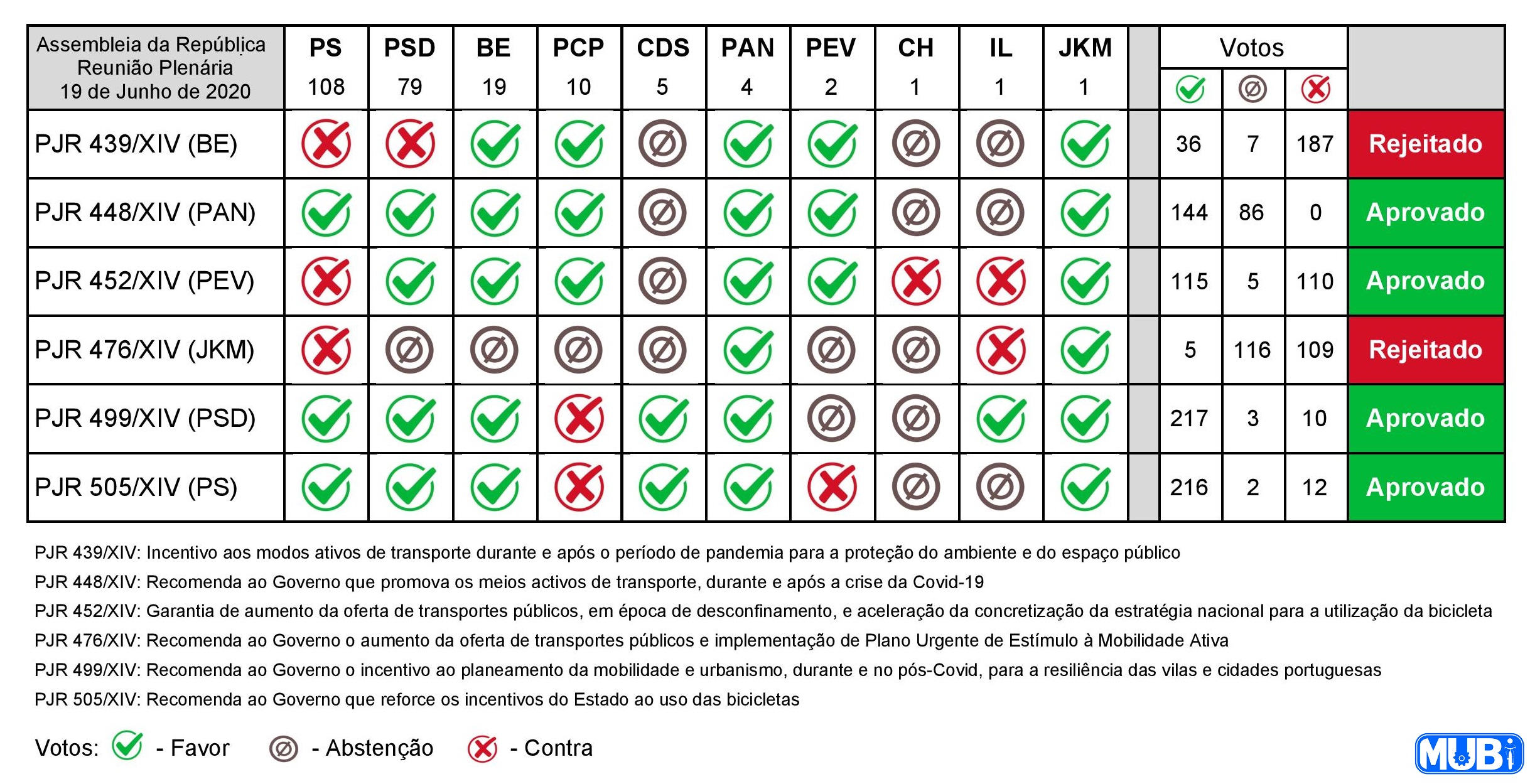
The four bills approved in plenary were sent back to the Environment, Energy and Spatial Planning Committee. In meeting of June 24At the end of the meeting, the Commission tried to reach agreement on a single/common text, but there was no consensus between the parties responsible for the projects. Audio of the meeting available here.
The four projects are scheduled for the meeting of July 1stIt seems that the aim is to reach a common text with the PAN, PEV and PSD projects and another text with the PS project.
The six proposals
The six proposals for recommendations to the government - initiatives by the Left Bloc, PAN, the Ecologist Party "Os Verdes", the non-attached MP Joacine Katar Moreira, the Social Democratic Party and the Socialist Party, which constitute together 93% of the seats in the Assembly of the Republic - are presented below. Some of them refer to the proposals and recommendations that MUBi has presented to central and local administrations over the last few months.
As has been widely reported in the media, governments around the world are adopting unprecedented public policies. These measures are unambiguously aimed at curbing the return to mass car use and the resulting pollution, helping to ease the pressure on public transport and contributing to reducing the risk of contagion and to the public health of the population. To this end, countries such as France, Italy and the United Kingdom have already launched emergency programs worth hundreds of millions of euros to support and encourage active mobility, particularly cycling.
But these incentives from governments won't work without profound changes to public space. Countless cities around the world have been transforming their streets in recent weeks, creating "health corridors" that widen sidewalks and allow pedestrians to be physically distanced and that guarantee safe cycling on main streets, closing streets to car traffic, lowering speed limits.
Lisbon and Porto have already announced measures, which are relatively modest compared to what other European cities have already presented. It is urgent that the Central State assumes its responsibilities and establishes an emergency plan to stimulate active mobility and provide financial and operational support to Portuguese municipalities in response to the COVID-19 pandemic.
On June 5th, MUBi presented the government with the proposal for a 50 million euro emergency program to support and stimulate active modes of travel in the aftermath of the COVID-19 lockdownThe budget will be included in the Supplementary State Budget. The Supplementary State Budget is being discussed in Parliament until July 3rd.
On MUBi's questionnaire to candidates for ParliamentIn last year's Legislative Elections, among the hundreds of participants - from parties that today occupy 227 of the 230 seats in Parliament - the vast majority were in favor of measures to encourage active and more sustainable mobility and to reduce car use in Portugal. If their importance and priority was almost consensual before the pandemic, is now an emergency.
The measures
Draft Resolution 439/XIV - "Encouraging active modes of transport during and after the pandemic period to protect the environment and public space", by the Left Bloc (BE), refers to the proposals that MUBi presented to the government on April 23 for the exit and post-confinement of COVID-19proposes to the government that:
1 - In conjunction with local authorities, create an action plan of fast, safe and low-cost measures to encourage active modes of transport, including:
a) the creation of temporary, safe cycle paths on the main commuting routes in the municipalities, particularly between residential and work areas, schools and universities;
b) the installation of Sheffield-type bicycle parking facilities in the busiest areas and, whenever possible, to replace car parking spaces;
c) widening and clearing sidewalks;
d) the closure of streets to traffic;
e) the pedestrianization of streets;
f) the removal of traffic lanes;
g) Reducing waiting times in signalized pedestrian crossing zones, in order to avoid the concentration of pedestrians;
h) additional measures to protect the most vulnerable road users, namely pedestrians and cyclists, through appropriate planning and design of roads and urban space, signage and information for users.2 - Ensure the implementation of the provisions of Article 284 of the 2020 State Budget, regarding the plan for intermodality of bicycles in public transport.
3 - Reinforce intermodality and bicycle access to public rail, river and road transport.
4 - Find ways to resume the transportation of bicycles on trains with measures that guarantee health safety.
5 - Promote traffic calming in sensitive urban areas by limiting the maximum speed to 30 km/h.
6 - Determine that public bike-sharing systems are free of charge.
7 - Encourage the use of cargo bikes in urban logistics systems.
8 - Create a program of financial incentives for commuting by bicycle;
9 - Promote a nationwide campaign - with the contribution of public health authorities - to encourage active modes of transport (cycling and walking) during and after the lifting of mobility restrictions under COVID-19.
10 - Anticipate the targets set in the National Strategy for Active Cycling Mobility 2020-2030, as well as the measures to achieve them.
11 - Create an appropriate financing plan for local authorities, in conjunction with them, to implement the measures to encourage active modes of transport recommended here.
Draft Resolution 448/XIV - "Recommends that the government promote active means of transportation during and after the Covid-19 crisis", by PAN, which, like BE's, also invokes MUBi's proposals to the government for the exit and post-confinement, recommends to the government that:
1. Implement and schedule the measures under the National Strategy for Active Cycling Mobility 2020-2030 by the end of 2020.
2. Accelerate the achievement of the objectives set for 2025 and 2030 in the National Strategy for Active Cycling Mobility 2020-2030.
3. Create a working group to draw up a guide of recommendations and guidelines for local administrations, safeguarding the financing of measures to be implemented.
4. Create temporary cycle paths, with priority given to the main commuting routes.
5. Install secure bicycle parking, particularly in state buildings and services, city centers and other places where people gather, without damaging pedestrian spaces, and include this action in the measures of the National Strategy for Active Cycling Mobility 2020-2030.
6. Establish emergency plans to encourage bicycle mobility and include these plans in the measures of the National Strategy for Active Cycling Mobility 2020-2030.
7. Identify urban areas sensitive to bicycle incidents and promote the reduction of maximum traffic speeds in these areas, and include this action in the measures of the National Strategy for Active Cycling Mobility 2020-2030.
Draft Resolution 452/XIV - "Ensuring an increase in the supply of public transport, in times of deconfinement, and speeding up the implementation of the national strategy for the use of bicycles", of the Ecologist Party "Os Verdes" (PEV), for bicycle mobility proposes to the Government that:
3. Prioritize, in agreement with the municipalities, the implementation of the national strategy for active cycling mobility 2020-2030, in order to speed up its implementation and encourage citizens to use the bicycle as an alternative mode of transport.
4. Articulate with municipalities the inter-municipal dimension of cycle track networks and ensure parking for soft or active modes of mobility near all public services that serve citizens.
Draft Resolution 476/XIV - "Recommends that the government increase the supply of public transport and implement an Urgent Plan to Encourage Active Mobility", by non-attached Member Joacine Katar Moreira, also refers to MUBi's proposals, and in the context of bicycle mobility, recommends that the government:
4 - Reinforce intermodality through free access for bicycles to public transport by river, rail and road;
5 - Implement, in collaboration with local authorities, an Urgent Plan to Encourage Active Mobility, which encourages micromobility and includes:
a) free bicycles;
b) the creation of temporary cycle paths with a view to making them permanent;
c) closing streets to cars and widening and clearing sidewalks (health corridors);
d) installation of adequate parking for bicycles (Sheffield model);
e) reduction of maximum speeds to 20-30 km/h in coexistence zones;
f) monitoring risky behavior when driving motor vehicles.6 - Create and implement a program of financial and/or tax incentives for commuting by bicycle ("bike-to-work"), such as remuneration per kilometer traveled by bicycle on that route and the possibility of discounting the purchase in the IRS;
7 - Anticipate the implementation of the National Strategy for Active Cycling Mobility 2020-2030.
Draft Resolution 499/XIV - "Recommends that the government encourage mobility and urban planning, during and after Covid, for the resilience of Portuguese towns and cities", by the Social Democratic Party (PSD), submitted last Friday, May 29, and with a potential impact on active mobility, proposes to the Government that:
1. Promote, in close coordination with the various stakeholders, the adoption of emergency measures, providing the necessary technical and financial conditions for municipalities to draw up the low-cost Covid-19 Agile Mobility and Urban Planning Measures Plan, which encourages the use of sustainable modes of travel, favoring an effective commitment to soft and active modes, and the creation of safe, accessible and comfortable pedestrian routes and using safe, agile, economical and temporary signaling methods;
2. Effectively develop measures for greater articulation and intermodality of the various modes of transport at the mobility "nodes", namely the interfaces at their different hierarchical levels, and increasing the possibility of transporting bicycles or other bicycles on public road, rail and river transport;
3. Reinforce and encourage the continuation of the good urban logistics practices acquired during the Covid-19 period, [....] essentially using more environmentally friendly vehicles with clear benefits for public health;
4. Promote, in close coordination with the various players at different levels of government, the adoption of short- and medium-term measures that make it possible to: [...] guarantee better mobility planning in the major commuting hubs and employee transport in order to minimize the need to travel by car; promote better spatial and urban planning; [...] promote [...] a city design that is more attentive to people's quality of life, the impact caused on the environment and resource efficiency; and promote an adaptation and expansion of the Highway Code, where the public road is highlighted not only as a space dedicated to the function of traffic and circulation but also as a space for enjoyment and coexistence.
5. Finally, once the agile emergency measures have been implemented, there is an urgent need to monitor and evaluate them, adding the short- and medium-term measures mentioned above and integrating them into a single strategic document.
Another proposal, Draft Resolution 505/XIV - "Recommends that the government strengthen state incentives for the use of bicycles", by the Socialist Party, the discussion of which, as far as we know, has not yet been scheduled, recommends to the government that:
1. Accelerate the implementation of the National Strategy for Active Cycling Mobility 2020-2030;
2. Consider subsidizing the construction of parking and support systems for cycling at transport interchanges, promoting intermodality with train, boat, metro and bus;
3. Evaluate, according to the method defined in the working group for the study of tax benefits, the introduction of tax incentives, in terms of personal income tax and corporate income tax, for the use of bicycles, namely at the time of purchase and repair and whenever they are used for commuting and taking into account the objectives of sustainable mobility;
4. Evaluate the feasibility of promoting a program to encourage the use of bicycles in the Public Administration;
5. Consider subsidizing the implementation of Rapid Action Plans for Soft or Active Mobility, with low-cost measures to provide space and safety for vulnerable users of public space, encouraging soft or active modes at the municipal level;
6. Consider supporting the creation of sustainable mobility plans by major attractors or generators of travel (public service facilities, large companies, for example) and aligning incentives with the proposed measures, considering companies that adopt sustainable mobility plans, as well as professionals who use bicycles;
7. Consider defining and developing a National Cycle Infrastructure Network, including the definition of international, national, regional/intermunicipal and local infrastructures that promote continuous, connected, safe and inclusive soft mobility;
8. Consider and evaluate the increase in the contribution and number of purchases of conventional or electrically-assisted bicycles under the Environmental Fund notices.
Another parliamentary initiative has already been discussed in Parliament: Draft Resolution 444/XIV - "Recommends that the government carry out a sustainable economic and social transition during the Covid-19 crisis"by PAN. This initiative, with a broader environmental scope in the area of mobility, recommended to the government that:
2. Invest in teleworking and sustainable mobility, improving the quantity and quality of the public transport network, the railroads and supporting the development of cleaner technologies such as electric mobility and carbon-neutral fuels such as bio CCS (Carbon Capture and Storage), as well as speeding up the implementation of the National Strategy for Active Cycling Mobility 2020-2030.
This draft resolution recommending the government was rejected at the Plenary Meeting on May 28th, with:
- with the BE, PAN and Joacine Katar Moreira voting in favor,
- the abstentions of the PSD, PEV and Liberal Initiative
- and the PS, PCP, CDS-PP and Chega voted against.


